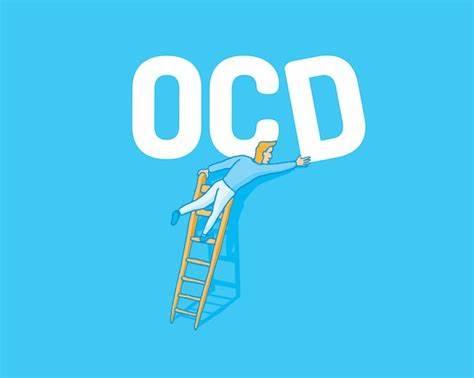Unlike physical health problems, those that pertain to mental health do not get noticed in time. As if the lack of clarity in symptoms was not enough, many mental health symptoms do not have a proper cure; they can only be managed with different interventions. One such complex disease is OCD.
What is OCD?
OCD is an abbreviation of obsessive-compulsive disorder. In this condition, people experience obsessive thoughts that produce stress, anxiety, disgust, and distress in the person. To remedy this turmoil, people then partake in compulsive behavior.
For example, many people with OCD have their thoughts preoccupied with cleanliness, and in response to these thoughts, they then compulsively clean.
Unfortunately, OCD cannot be entirely cured; it can only be managed.
Tips for successful OCD management
Get timely treatment
It is imperative that you not be lax with your OCD treatment. Some people might benefit from therapy alone, whereas others might also need medication.
Regardless of which method your doctor recommends, you should follow up with them regularly as well. If your condition starts to get worse, you should contact them immediately.
Channel energy elsewhere
It is easier to think up negative thoughts if your brain is not actively occupied with productive activities otherwise. Since with OCD, stopping the obsessive thoughts are important, so try to keep your brain engaged in productive activities.
Some helpful things to divert your focus away from your triggering thoughts include learning new things, reading, playing board games, gardening, doing social work, etc.
Also, focus on managing your stress levels
Considering the busy and hectic lives we lead, it is not entirely possible to eliminate stress, especially when you are living in a metropolitan city like Dubai.
As stress can make the OCD symptoms worse, hence, it is important that you also work on stress management. Some helpful techniques include meditation, mindfulness, yoga, journaling, and breathing exercises.
Do not try to not think the thoughts
Our brain does not understand negation. For example, if you are asked not to think about a thing, that is all that your brain will think about.
So, do not waste energies in trying not to think, it will not help. Instead, let those thoughts come and go. Do not overanalyze them or judge yourself.
Self-care is important
You need to give yourself love, care, and attention. So, make sure that you eat well, sleep on time, are physically active, and get enough breaks.
Similarly, try to be kinder to yourself. Actively work on your perfectionist tendencies. Be patient with yourself and do not compare yourself to others. If you falter once, do not write yourself off as a failure, learn to pick yourself up.
Work with your therapist to devise protocols
With mental health problems, there is no one-size shoe fits all approach. The treatment plan needs to be tailored to the individual needs of the patients.
So, rather than shooting in the dark, about treating OCD, working with your therapist in drawing protocols that cater to your needs, exclusively. You can find your therapist on Fitcy Health

